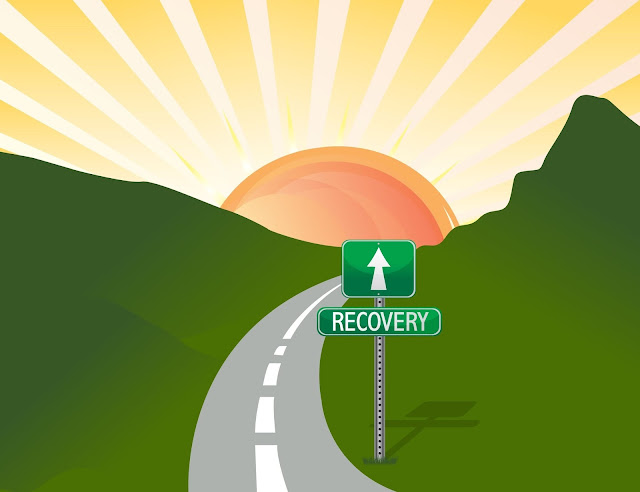IN THE ROAD TO RECOVERY COLUMN WE ARE WORKING THE TRADITIONAL 12 STEPS OF RECOVERY, ALIGNed WITH THE yearLY CALENDAR, along with the EIGHT PRINCIPLES OF CELEBRATE RECOVERY THAT ARE BASED ON THE BEATITUDES of Jesus Christ.
“Therefore, if you are offering your gift at the altar ad there remember that your brother or sister has something against you, leave your gift there in front of the altar. First go and be reconciled to them; then come and offer your gift.” ~ Matthew 5:23-23
“Happy are the merciful.” ~ Matthew 5:7
“Happy are the peacemakers.” ~ Matthew 5:9
Last month in Step 8 we worked on listing the people we need to make amends to. This month we take the next, maybe the most freeing step, and actually make the amends. This is a difficult step but a critical point in our recovery. Without this step we will continue to beat ourselves up and continuing to carry more shame and guilt which could be the driving force to possible relapse.
The *Celebrate Recovery program is full of beautiful acrostics that help flesh out the work of each step. Each letter in the acrostic helps us make the next important step in the process of making our amends. Take some time to sit with the acrostic. Read it. Meditate on it. Journal how you can apply each letter’s step to your life as you prepare to make your amends.
A — Admit the hurt and the harm ~ Holding on to old resentments blocks our recovery and God’s forgiveness in our lives.
M — Make a list ~ Not worrying about how we will make the amends we simple list the people we have hurt.
E — Encourage one another ~ It’s important to meet with our sponsor or accountability partner beforehand to practice making our amends.
N — NOT for them ~ Without excuses or justifying our actions we make our amends humbly, honestly, sincerely and willingly. We focus on our part only.
D — Do it at the right time ~ Before making our amends we should pray for God’s guidance, direction and perfect timing.
S — Start living the promises of recovery ~ Embracing true freedom from our past we are now ready to receive God’s plan and purpose for our lives.
Lord, make me an instrument of your peace!
Where there is hatred, let me sow love.
Where there is injury, pardon.
Where there is doubt, faith.
Where there is despair, hope.
Where there is darkness, light.
Where there is sadness, joy.
O Divine Master, grant that I may not so much seek
To be consoled as to console.
To be understood as to understand.
To be loved as to love.
For it is in giving that we receive.
It is in pardoning that we are pardoned.
It is in dying that we are born to eternal life.
~ Prayer of St. Francis of Assisi
Remember, the recovery process is not meant to be worked alone! Reach out to your sponsor or accountability partners to assist you. If you’re not in a 12 Step program please click here to find a CR group near you.
If you can’t see the video screen below CLICK HERE to watch our Road to Recovery theme song.
RESOURCES:
Celebrate Recovery Bible
*Celebrate Recovery Leadership Guide
Photo Courtesy 123rf.com
Originally published September 4, 2013

